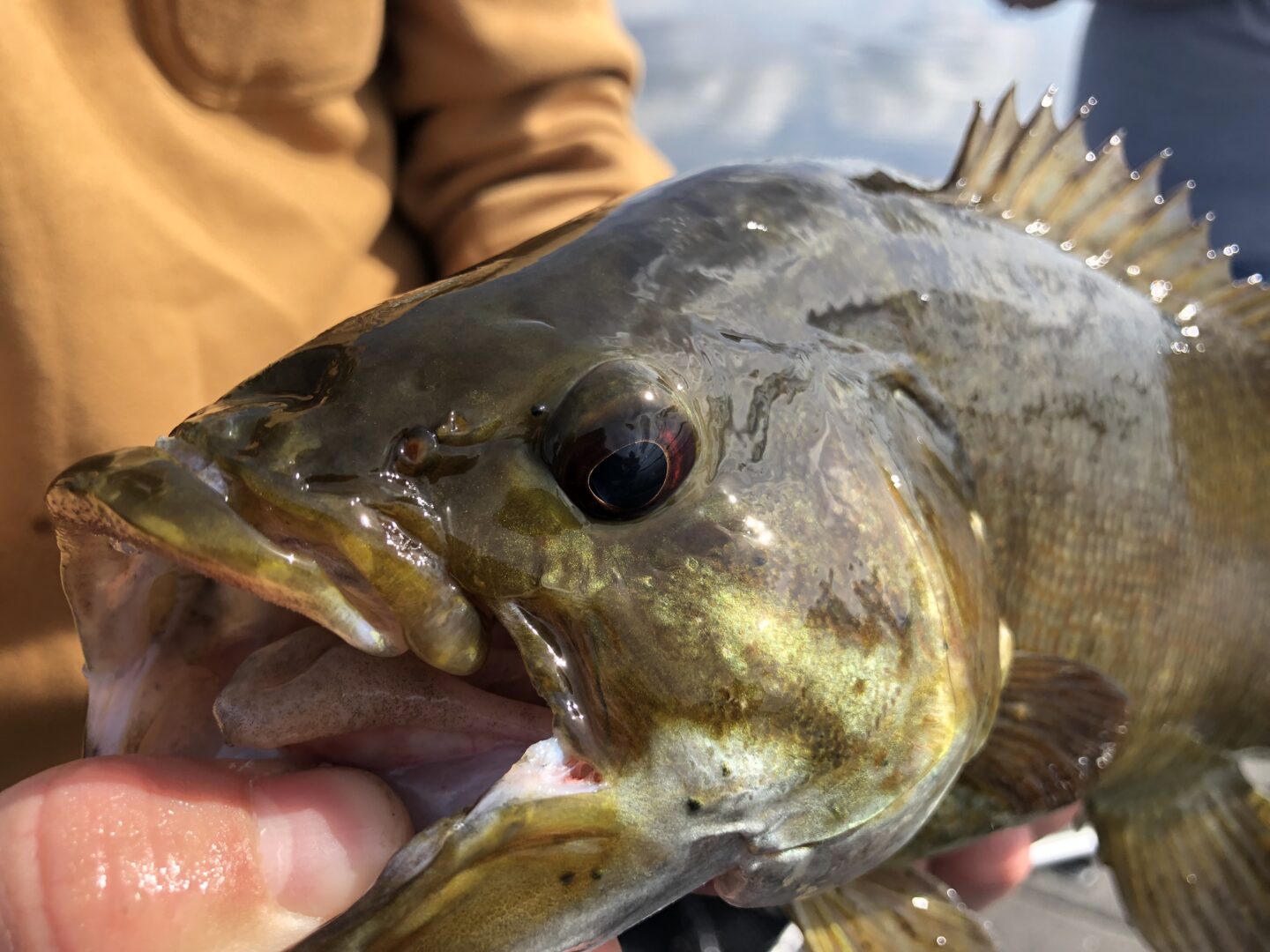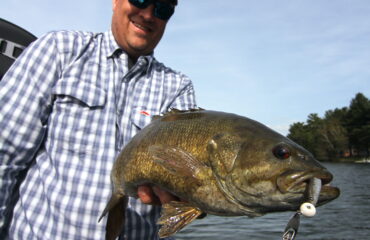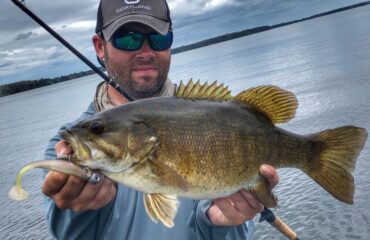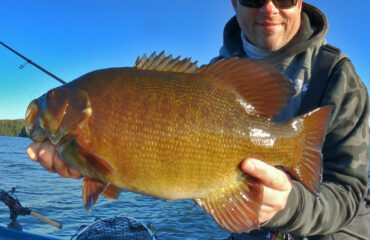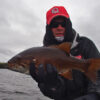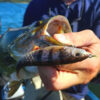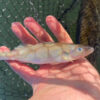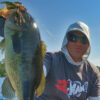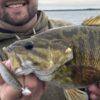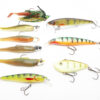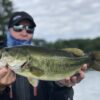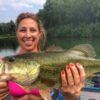Smallmouths Under Pressure
If you clicked on this story thinking it’s a how-to about dealing with fishing pressure, you’re maybe 33% correct. This is mostly a venting session filled with observations and atrocities I witness each season. Fishing for a partial living is far from glamorous, and with it comes a lot of dirt if you know where to look.
This short will likely lead to a much larger story in the future, but for now it’s just a rambling of thoughts, opinions, and using this platform to help the fishing world do better.
I might not make friends through this either.
Exploitation
Fishing pressure is a fact of life. Conditioning is a byproduct of it. As fish grow educated, they develop a bunker mentality with everyone’s baits whizzing past them. Could you blame them?
As smallmouths age, and are repeatedly caught and released, they learn not to strike certain lures. We see this all the time on pressured waters.
On these types of fisheries, smallmouths are neutral to negative. Non-committal on one presentation, but then captured with a follow-up or throwback bait instead. Perhaps the specimen had a few painful experiences getting hooked, or was greatly mishandled by an angler previously. I have no doubt that smallmouths (and all other fish too) remember these experiences, have a memory, and retain some information. As they condition, they become more cautious of their surroundings and feed more tentatively and less frequently.
Catch rates decline.
Outwitting Smallmouths
Smallmouths are experts in sensory detection. Nowadays, more adult smallmouths are wary of overhead boat traffic and high-powered sonars. They’ve become elusive as a result. As these fish undergo changes in behavior and feeding locations, anglers must cater their gear and strategies to these changes. In order to maintain productivity and success, I’ve been turning to finesse and long-cast strategies.
Today, everyone is showing up to the lake with an arsenal of finesse rods and baits rigged up. Whether the strategy calls for jigging or casting, finesse fishing has turned into an arms race.
And at some point, these fish have got to become conditioned to finesse baits. At that point, fishing might reverse its course and smallmouths resume striking reactionary baits and the old-school baits of the past.
As adult fish are repeatedly caught and released throughout their lifetime, they learn not to strike certain lures. We see this all the time on pressured community lakes and derby waters. Most days, the shallows of these fisheries get pounded the most. Fish want to feed and spawn in the shallows without feeling exploited, but the pressure forces them to abort those areas and relocate to new areas. So, not only are they conditioned to lures, but they’re also learning to avoid the most pressured lake regions, and angler capture.
And now there are forward facing sonars. Anglers using them will only cast to fish if their positions have been detected. I still don’t plan on ever going there.
Gone are the days of being the only boat on the water. Despite the number of quality inland smallmouth fisheries, so many other anglers have now found them too.
People and Pressure
In recent seasons, our catch rates have declined compared to our most recent excellent fishing seasons prior.
Trophy fish production is also below normal – at least to the levels I am used to.
I am now starting to see the affects of angling pressure in the spring season. Suspending jerkbaits and x-raps aren’t catching them like they once used to.
I am also crossing paths with a lot more dead fish too. Floaters as a result of hero shots, over handling, or mid-summer derby deaths.
Even finding dead carcasses and fillets at boat landings.
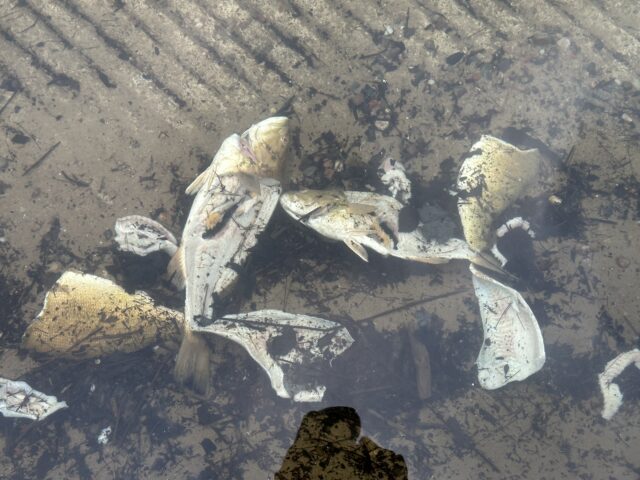
During the spawning phase, we are even coming across dead males that have been gut hooked as a result of nest raiders. These are the fish that protect the nests and fry. Some anglers have serious problems.
Lots of fish with half-missing jaws.
And if I had to guess, about 80% of the fish we catch during the first week of June have each been caught 1 to 5 times prior already. Hook marks everywhere.
If you cannot take care of the fish, you are doing the fishery zero favors.
Boat landings have also become dumping grounds.

Since 2020, the fishing pressure and overall angling hours on my local lakes sky-rocketed. Smallmouths that customers and I once had to ourselves are getting hit harder than ever before.
I can no longer go to certain lakes on weekends.
Our fisheries took a beating from capture, re-capture, and harvest in 2020-21. The surviving fish became better educated as a result.
I was on the receiving end of so many harvest shots, stringer photos, and dead fish pics during those prior years. While a responsible harvest and thinning of the herd is welcomed and needed across several dink lakes, some people are very sick.
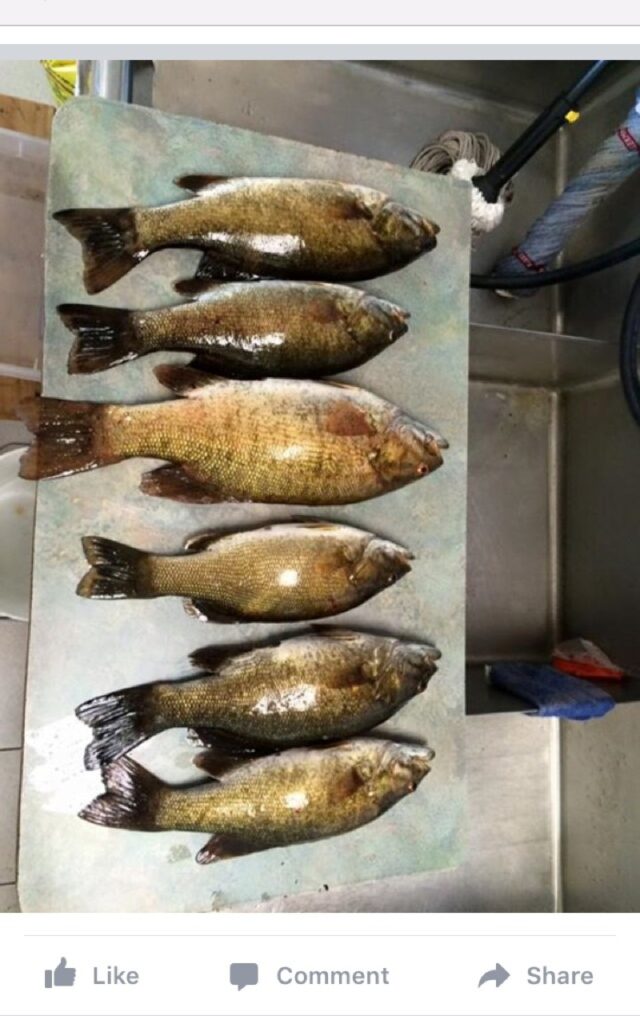
If you recall the cluster-f-ck of 2020, Covid life brought with it fishing pressure and lake traffic to unforeseen levels in which some lakes were unable to handle the pressure and harvest.
I learned why so many anglers head to Canada.
Several factors are affecting catch rates beyond fishing pressure.
These include very poor weather and conditions, too many weekend derbies, too much bed fishing, angler harvest from those who don’t know any better, delayed mortality, the over-use of technology, and exploitation from social media.
Social media exploitation is so bad that as a result of the careless, I have learned to figure out their locations by studying the backgrounds of YouTube videos, and Instagram photos.
Beyond abnormal feeding behaviors and preferences, spawning tendencies and seasonal timing is changing too. On certain fisheries, smallmouths are spawning earlier than usual. This is both a result of climate, and avoiding the bed fishing brigade that invades town beginning Memorial Day weekend. They’re also building nests in deeper water as a way to further evade anglers. On some clear water inland Wisconsin lakes, some spawn as deep as 8 to 12 feet now. This shows how much fishing pressure can truly affect a fishery to the point that smallmouths will harm their own species survival. Less sunlight and cooler temperatures in these depths reduces egg production and incubation, and males have to guard the nests for much longer.
Fall is also lasting longer now too. People are pursuing smallmouths into Thanksgiving, which was mostly unheard of 10 years ago. Just this past year, I experienced November smallmouths for the first time ever in life. Oh, but it was so much fun.
Thankfully, nobody’s introducing anyone or any pressure to those wintering sites. Can you blame them?
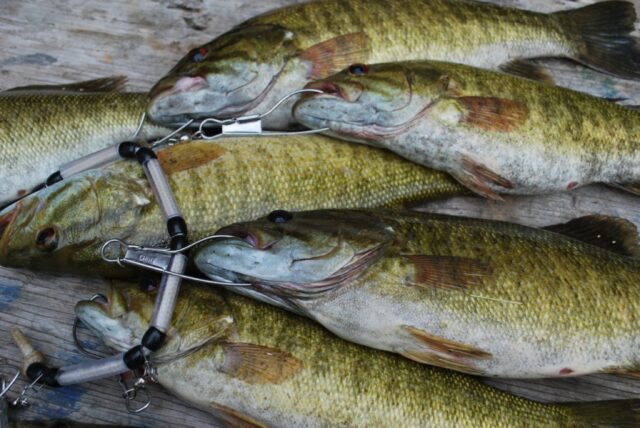
The Future
Wisconsin still possesses tremendous inland smallmouth fisheries, but more people are catching more fish.
And this might lead to some supply and demand problems down the road.
The shallows of every lake get pounded the most. Fish want to feed and spawn in the shallows, but the pressure forces them to abort those areas and relocate to new areas, or become displaced entirely. So, not only are they conditioned to lures, but they’re also learning to avoid the most pressured lake regions, and angler capture, and likely getting lost in the process – and worse, perishing.
Bass populations and fisheries in well-managed states continue to sustain themselves and withstand fishing pressure, new tackle innovations, technological advancements such as FFS, the evolution of fishing, and the increase of anglers improving their every-day skills. Fisheries often peak and decline, and so do fishing trends once they become cliché and run their course.
Judging by what I’m seeing on the water and the exploitation and antics I’m coming across on social media, I no longer think Wisconsin is capable of withstanding the issues and concerns that I have today.
Our inland lakes are ponds in comparison to the Great Lakes fisheries and Southern reservoirs. The way our fisheries continue to be managed, and the droves of anglers flocking to them, is unsustainable and quite worrisome.
It’s the 21st Century and the Wisconsin DNR is still promoting harvest like it’s the 1960’s, and not modernizing and revising the regs in order to keep up with the times, social media antics, and technologies.
If our game wardens relied and spied on social media accounts for purposes of crackdowns and busts, they’d have our waters cleaned up effectively.
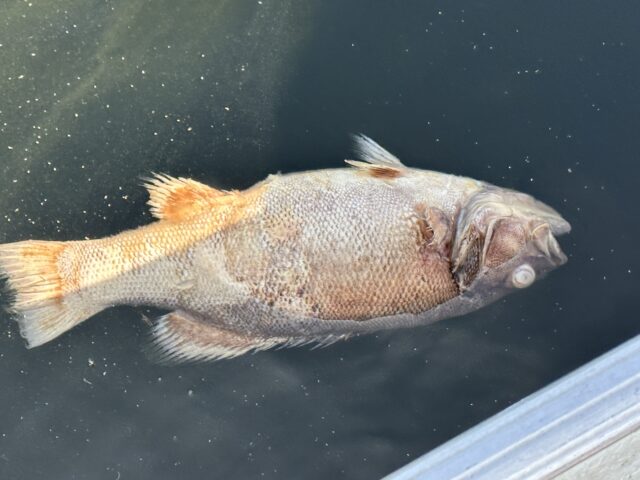
I’ve been in deep thought lately. Either I’m getting worse as an angler, or my fisheries are in decline.
I know it’s the latter.


